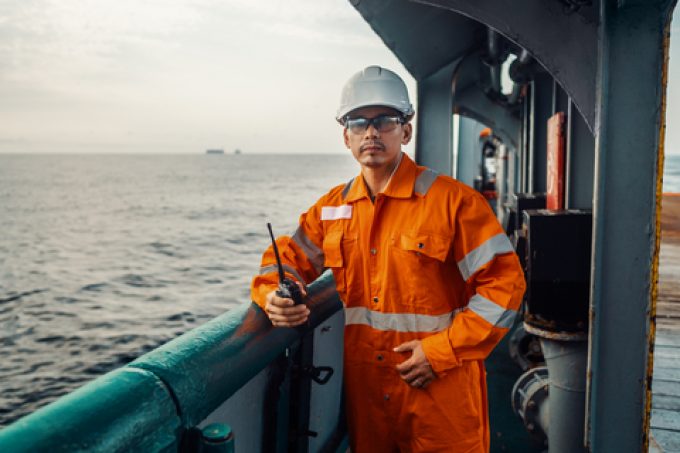Mixed response in US to 'Liberation Day', while China leads wave of retaliation
Some shippers have paused transport into the US amid the chaos thrown up by the ...

As the crew-change crisis inexplicably drags on, Shipping Australia has warned that vessels will soon be detained, blocking the country’s ports and disrupting supply chains.
“Commercial mariners, Australia and international shipping are now at crisis point,” said the carrier lobby group.
“Seafarers are being forced by government rules to combat Covid-19 to stay at sea for months beyond what they originally agreed – we have heard of seafarers being required to stay at sea for up to 14 months.”
While crew changes are ...
Maersk Air Cargo sees volumes fall as it aims for 'margin in favour of revenue'
Keep our news independent, by supporting The Loadstar
Container spot rates diverge: to Europe still falling, but firmer to the US
Hapag-Lloyd won't take bookings if port congestion leaves cargo stranded
Ecommerce likely the front-runner in resurge of transpacific trade after deal
Airfreight players eye new routes as demand on the transpacific nosedives
China-US trade tariff pause could drive a rebound for transpacific rates
Service chaos from trade ban with India a problem for Pakistan shippers
Airfreight rates ex-China 'loss-making', but hopes of a trade deal stay high
Indian coastal freight attracts major carriers, but regional tension disrupts
Serious threat to jobs in US logistics as tariffs cause economic 'stagflation'
APMM floats along on 'solid' Q1 profitability in Ocean, well prepared for choppy water


Comment on this article